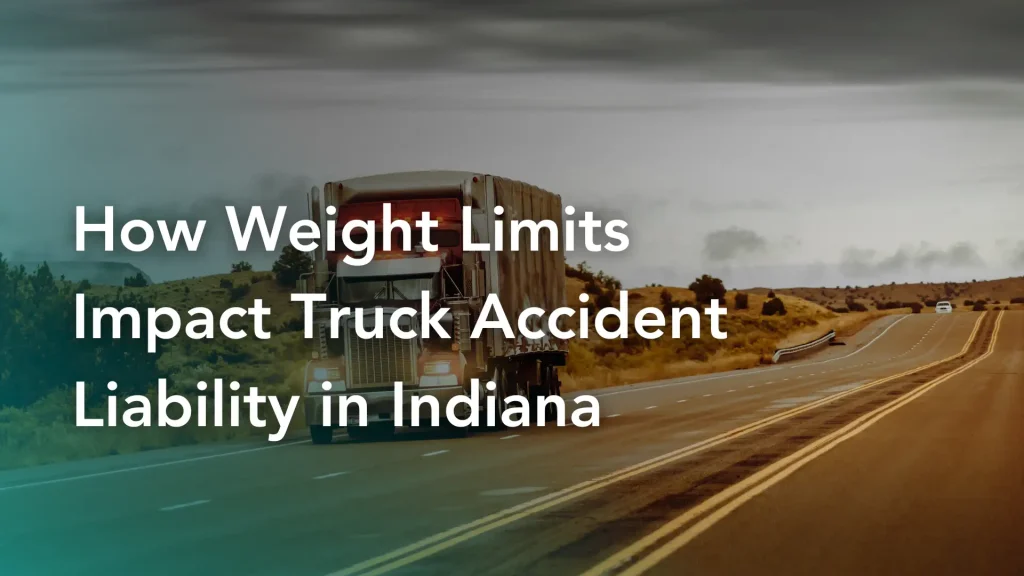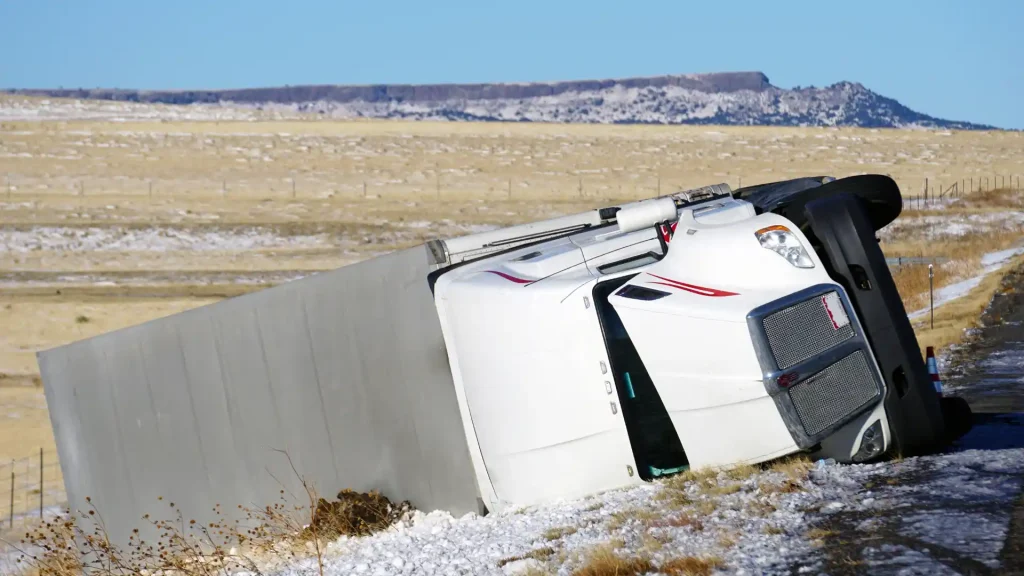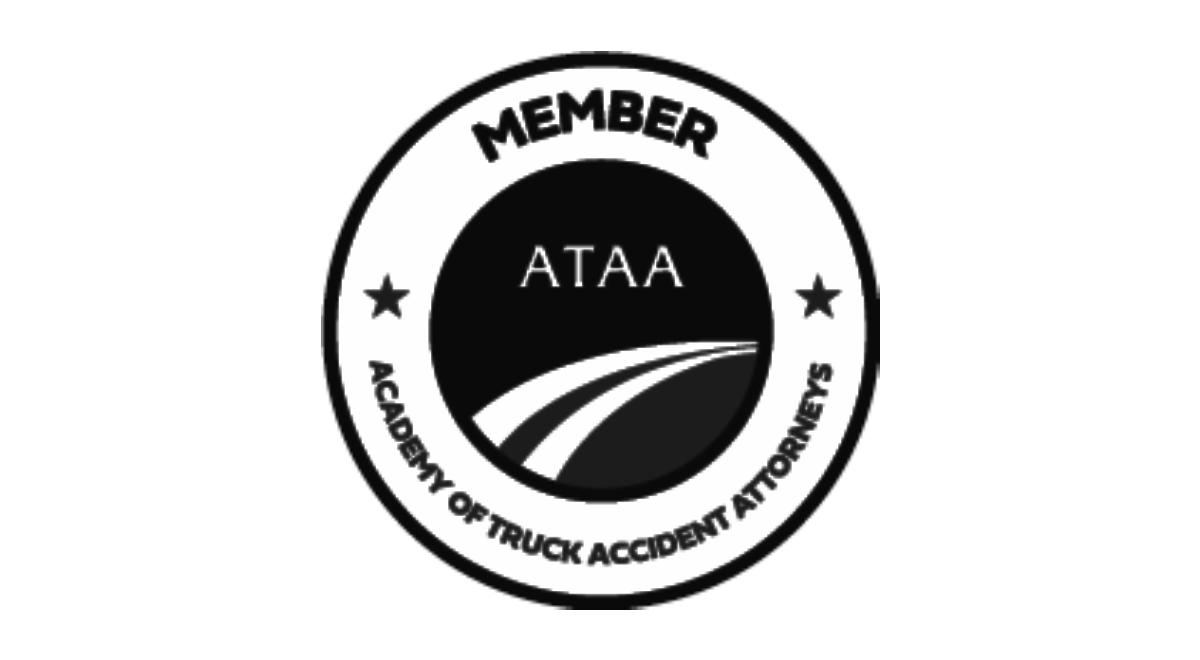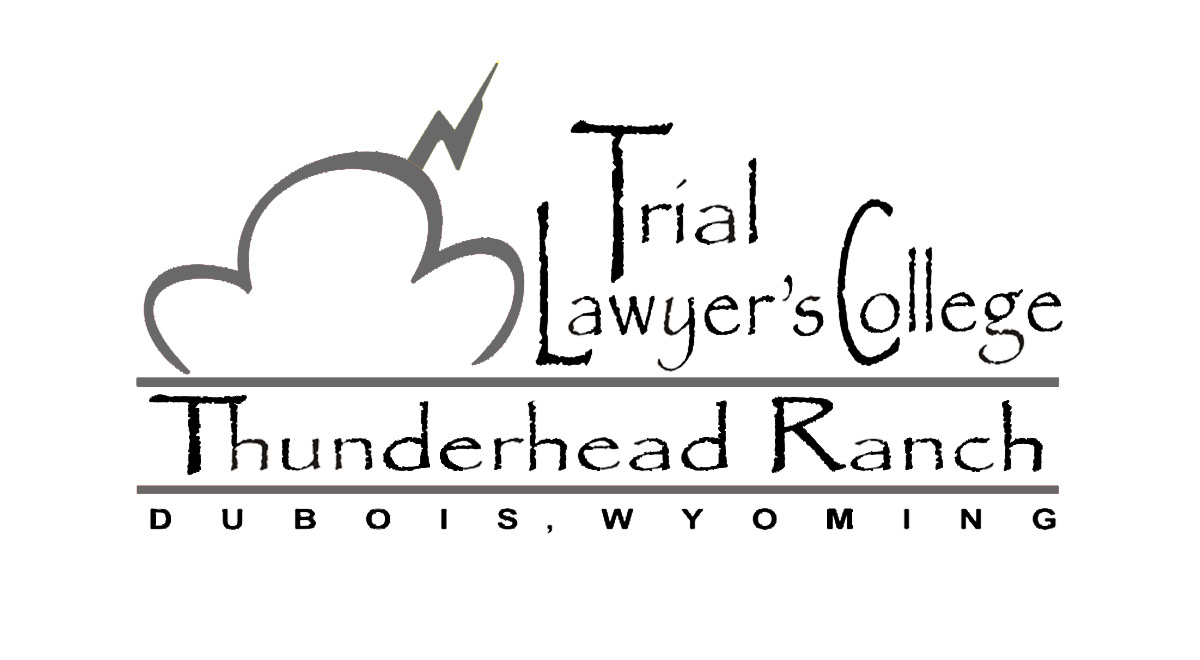June 01, 2025
 Truck accidents happen every week on Indiana highways. Some involve icy roads or distracted drivers. However, many are tied to too much weight. When trucks exceed legal limits, they’re harder to stop and more likely to crash, raising serious concerns about truck weight limits and accident liability.
Truck accidents happen every week on Indiana highways. Some involve icy roads or distracted drivers. However, many are tied to too much weight. When trucks exceed legal limits, they’re harder to stop and more likely to crash, raising serious concerns about truck weight limits and accident liability.
Why Truck Weight Limits Matter
Indiana follows state and federal laws to keep trucks within safe weight ranges. These rules exist because overloaded trucks don’t handle the same way. Federal truck weight regulations set maximum limits for safety. Indiana law adds its own DOT weight restrictions to protect roads and bridges. These rules also help prevent breakdowns that can lead to deadly wrecks.
Commercial truck weight limits protect drivers and keep everyone around the truck safe, especially in traffic or construction zones. When a truck is too heavy, it puts extra strain on roads, bridges, and the vehicle itself, which is why reviewing the truck driver’s travel log can be crucial in understanding how long the truck was on the road and whether any violations occurred.
Common Accidents Caused by Overweight Trucks
Too much weight makes big trucks harder to control and more likely to crash. Some of the leading factors include:
Brake Failure and Stopping Distance
Brakes wear out faster under significant weight. An overloaded truck crash can happen when the brakes fail completely or can’t stop in time. Brake failure from excess weight often leads to rear-end collisions, highlighting how truck weight limits and accident liability are closely connected.
Rollover Accidents and Jackknifing
Improperly loaded excess cargo can shift during transit, affecting a truck’s balance. The excess weight can lead to a truck rollover, especially on curves or during sudden stops. Jackknifing, when the trailer swings out of control, is also common.
Road Damage and Secondary Accidents
Overweight trucks can crack roads or even cause bridges to collapse. These structural failures lead to chain-reaction crashes. Drivers might not be able to avoid the broken road in time.
Please read more about truck accident statistics here: Truck Crash Statistics
Who Can Be Held Liable When a Truck Is Overloaded?
Accidents involving overloaded trucks often include more than one responsible party.
- Truck Drivers – Drivers must know how much their vehicle weighs. Ignoring tractor-trailer weight limits or skipping weigh stations can make them responsible for the crash.
- Trucking Companies – Trucking company accountability is a major issue. Companies may push drivers to haul extra weight to save money. When that happens, they can be liable for the damage caused.
- Cargo Loaders – Third-party companies often load the trailers. They have clear cargo loading responsibilities. They may share blame if they pile on too much or fail to balance the load.
Indiana’s Weight Limit Laws and Regulations
Indiana follows rules based on gross vehicle weight rating (GVWR). This number includes the weight of the truck, trailer, and cargo combined. The state also has rules about axle weight distribution, which affects how weight is spread across the truck—a key issue in truck weight limits and overloading in accident claims.
Breaking these rules leads to fines, license points, and possibly criminal charges. The Indiana Department of Transportation (INDOT) enforces these laws and inspects trucks at various checkpoints.
How Weight Affects a Truck’s Stopping Ability and Control
 Physics plays a role in these wrecks. The heavier something is, the longer it takes to stop. A truck that’s too heavy may slam into a car at full speed, even if the trucker slams on the brakes. Heavier trucks are also more difficult to control. Hills and curves become dangerous. An unsafe load accident often happens when a truck can’t turn or stop safely.
Physics plays a role in these wrecks. The heavier something is, the longer it takes to stop. A truck that’s too heavy may slam into a car at full speed, even if the trucker slams on the brakes. Heavier trucks are also more difficult to control. Hills and curves become dangerous. An unsafe load accident often happens when a truck can’t turn or stop safely.
Please read more about truck and car accidents here: How Are Truck Accidents Different from Other Auto Accidents?
The Role of Weigh Stations and Inspections
Weigh stations are designed to catch overloaded trucks before they cause harm. If a driver skips a station or uses falsified records, these can be used in court to prove fault.
Weigh station violations also show a pattern of carelessness. It may point to a larger problem within the trucking company. When trucks crash, investigators check records from inspections and weigh-ins. A truck inspection failure before the accident may help prove liability.
Proving Overload in a Truck Accident Case
Building a case starts with the facts. Police reports and black box data often show how fast the truck was going and when the brakes were used. Weigh station logs and past inspection records can reveal a history of violations. Witnesses may testify about how the truck was handled right before the crash. In some cases, engineers can help explain how the extra weight led to the accident.
Contact Our Indiana Truck Accident Attorney Today
If you were hurt in a heavy truck accident, the cause may trace back to a company that ignored the rules. Overloaded trucks put everyone at risk, and the people responsible should be held accountable. Our team at Custy Law Firm | Accident & Injury Lawyers, our Indiana truck accident attorney, can help you understand your legal rights and fight for the compensation you deserve. Call us at (219) 286-7361 for a free consultation.










